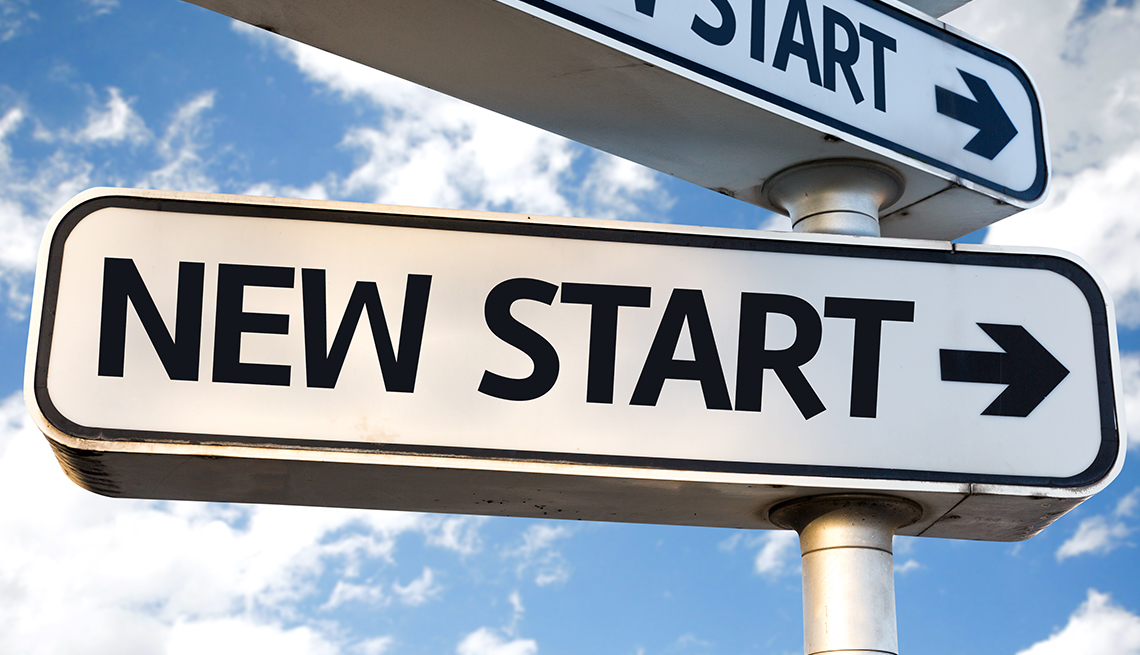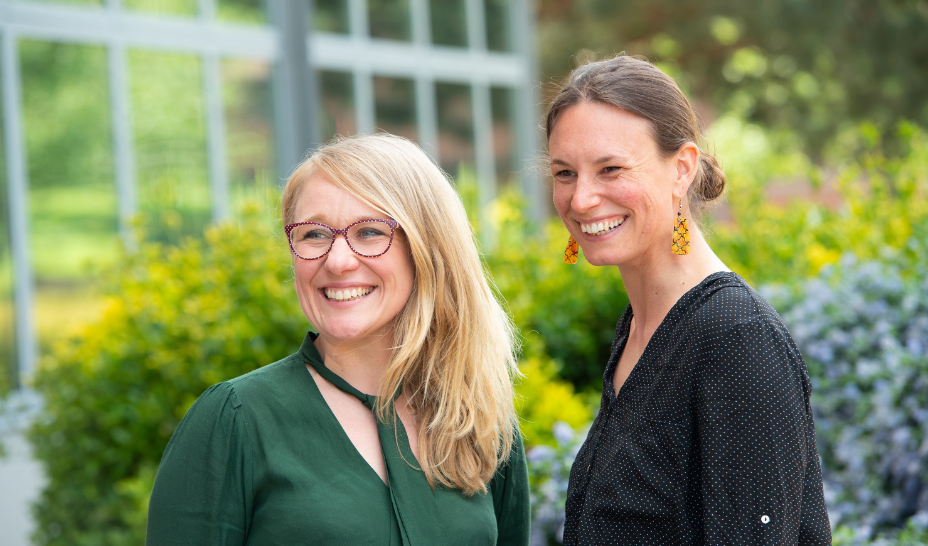
- Select a language for the TTS:
- UK English Female
- UK English Male
- US English Female
- US English Male
- Australian Female
- Australian Male
- Language selected: (auto detect) - EN
Play all audios:
If you truly are ready, the next step is to think carefully about what you want next. Parker felt that she had achieved her career goals and was looking for a way to give back to her
community. After the civil unrest in the summer of 2020, she felt like helping companies become more diverse and inclusive was her next goal. Through her contacts and an informational
interviews, she was able to land the role she wanted. But that wasn’t all. Parker has also structured her time to launch her own venture, Perimenopause Nation, which focuses on women who are
in perimenopause. She feels she has been able to capture the best of both worlds: a fulfilling job and a taste of entrepreneurship. Even though you may be starting over, especially if
you’re opting to change careers, don’t undervalue yourself. Augustine says it’s wise to look for “bridges” — transferrable skills or common points between your recent work experience and
your new career goal. “For example, do both deal with the same customer profile? Do they cover the same territory? Ideally, you want to pivot to a new role where your previous experience
would be considered a benefit to the employer, rather than a drawback,” she says. Mullings adds that, if you need new skills, specific training or additional education — or if you simply
need to get up to speed on new technology — working on “upskilling” or gaining some experience in the new field before you jump in can help facilitate the change. Augustine says that being
up to date on technology skills, especially using videoconferencing platforms like Zoom and Microsoft Teams and collaboration platforms like Slack and Trello, is important for more mature
workers. One option you might consider is AARP Skills Builder for Work, which offers self-paced online courses on topics such as mastering remote work and learning Microsoft Office tools.
FACING REALITIES ABOUT WHAT IT TAKES If you were thinking about a career switch prior to the pandemic, now might be a good time to pursue those goals. For example, Dawn Anderson began
preparing for her career shift roughly a decade ago. She knew that a career change from clinical research to dietetics would require an undergraduate degree, acceptance into and completion
of a rigorous unpaid internship program, and a passing score on a national board exam. But the science of nutrition fascinated her and would also integrate her research experience, culinary
training and other interests. She’s currently employed as a registered dietitian with Virginia’s behavioral health system. Anderson says that many people will cheer on older workers who want
to make a change and call them brave or courageous, but it’s also important to prepare for what happens next. “Really do the internal work to ensure you are ready to be a novice again,” she
says. “It can get very real and challenging once you’re actually in the new career or new role especially if, like me, you’re going from an experienced position to one of a new graduate,”
she says. Mullings adds that it’s a good idea to look at the financial impact your move will have. While some older workers have financial stability that allows them to earn less, others are
still saving for retirement or have other expenses to meet. Will you need to adjust your lifestyle or spending if you change careers? Or are you thinking about making a change to a new
company where you could potentially earn more money, but which may affect your seniority or financial benefits, such as retirement savings accounts or equity compensation? It’s also
important to discuss the plan with your partner or spouse, as the change will affect them, too, Mullings says. HOW TO GET STARTED






